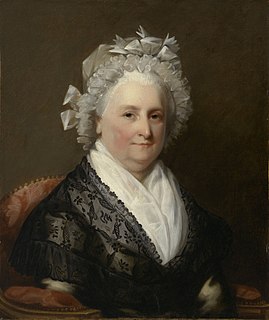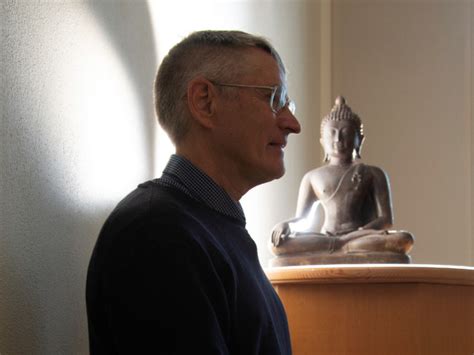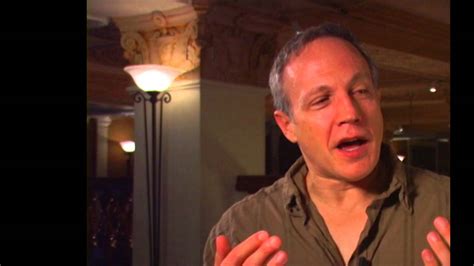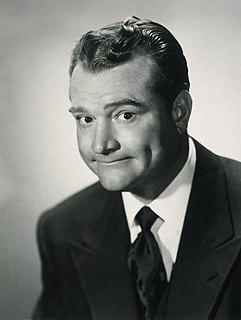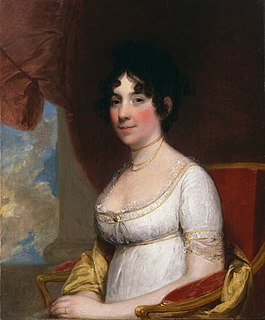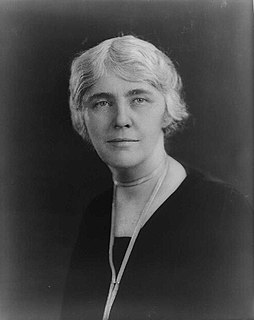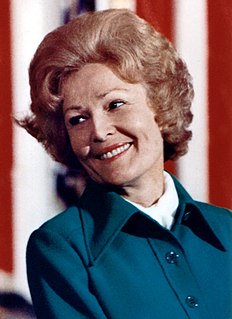A Quote by Martha Washington
The greater part of our happiness or misery depends on our dispositions and not our circumstances.
Related Quotes
I am still determined to be cheerful and to be happy in whatever situation I may be, for I have also learnt from experianence that the greater part of our happiness or misary depends upon our dispositions, and not upon our circumstances; we carry the seeds of the one, or the other about with us, in our minds, wherever we go.
Disease is the misery of our belief, happiness is the health of our wisdom, so that man's happiness or misery depends on himself. Now, as our misery comes from our belief, and not from the thing believed, it is necessary to be on the watch, so as not to be deceived by false guides. Sensation contains no intelligence or belief, but is a mere disturbance of the matter, called agitation, which produces mind, and is ready to receive the seed of error. Ever since man was created, there has been an element called error which has been busy inventing answers for every sensation.
Our intentions - noticed or unnoticed, gross or subtle contribute either to our suffering or to our happiness. Intentions are sometimes called seeds. The garden you grow depends on the seeds you plant and water. Long after a deed is done, the trace or momentum of the intention behind it remains as a seed, conditioning our future happiness or unhappiness.
Improved perception of our somatic feelings not only gives us greater knowledge of ourselves but also enables greater somatic skill, facility, and range of movement that can afford our sensory organs greater scope in giving us knowledge of the world. Besides augmenting our own possibilities of pleasure , such improved somatic functioning and awareness can give us greater power in performing virtuous acts for the benefit of others, since all action somehow depends on the efficacy of our bodily instrument.
I shall attempt to prove two things: first, that the actions and dispositions of mankind are the offspring of circumstances and events, and not of any original determination that they bring into the world; and, secondly, that the great stream of our voluntary actions essentially depends, not upon the direct and immediate impulses of sense, but upon the decisions of the understanding.
Acquire knowledge. It enables its possessor to distinguish right from wrong; it lights the way to Heaven; it is our friend in the desert, our society in solitude, our companion when friendless; it guides us to happiness; it sustains us in misery; it is an ornament among our friends and an armor against enemies.
